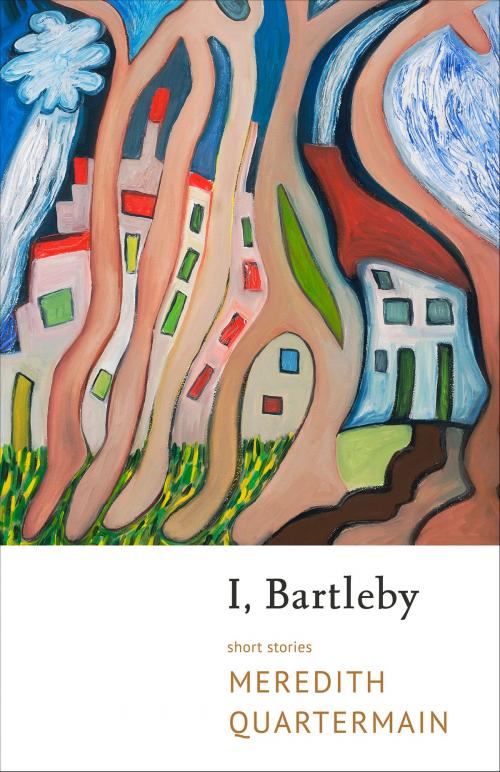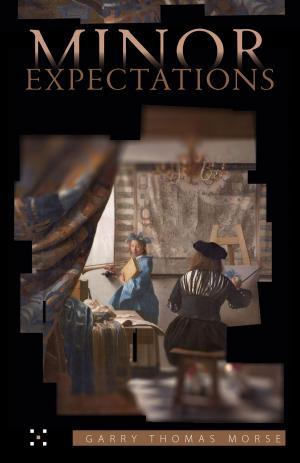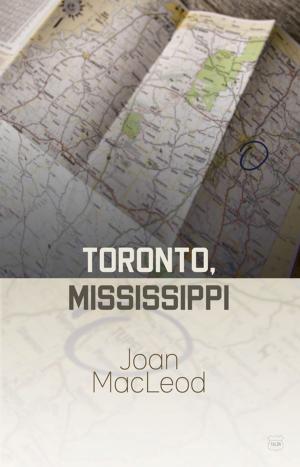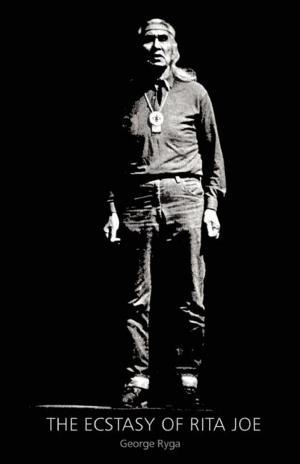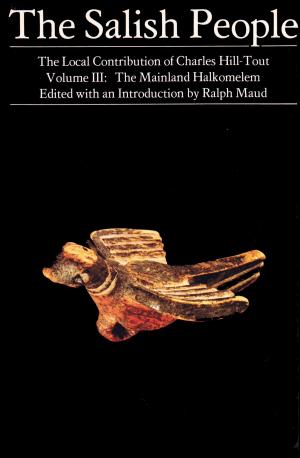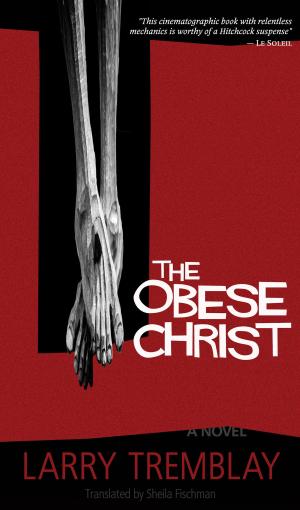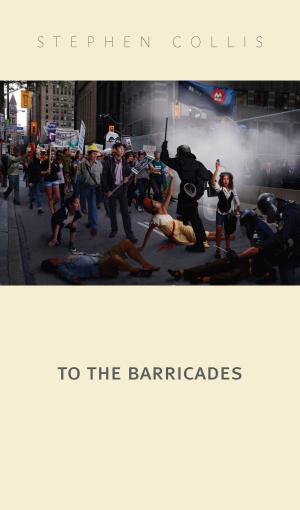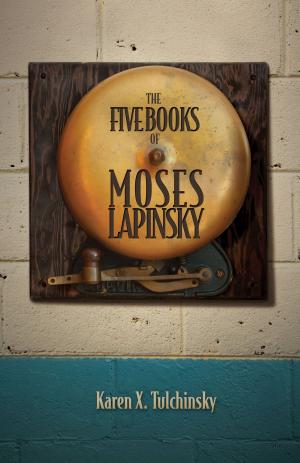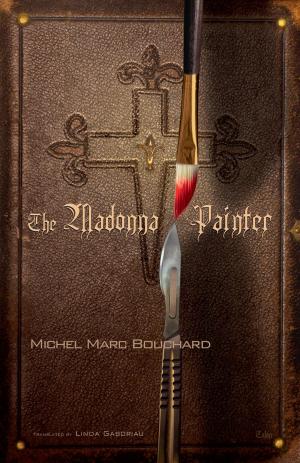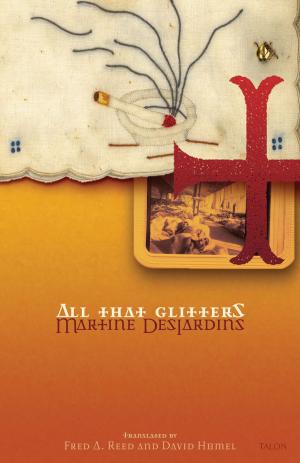| Author: | Meredith Quartermain | ISBN: | 9780889229198 |
| Publisher: | Talonbooks | Publication: | May 15, 2015 |
| Imprint: | Talonbooks | Language: | English |
| Author: | Meredith Quartermain |
| ISBN: | 9780889229198 |
| Publisher: | Talonbooks |
| Publication: | May 15, 2015 |
| Imprint: | Talonbooks |
| Language: | English |
In these quirkily imaginative short stories about writing and writers, the scrivener Quartermain (our “Bartleby”) goes her stubborn way haunted by Pauline Johnson, Malcolm Lowry, Robin Blaser, Daphne Marlatt, and a host of other literary forebears. Who is writing whom, these stories ask in their musing reflections – the writer or the written? The thinker or the alphabet? The calligrapher or the pictograms hidden in her Chinese written characters?
Intimate jealousies between writers, wagers of courage and ambition, and histories of the colours violet and yellow are some of the subjects in the first section, “Caravan.” Struggles of mothers, fathers, and sisters (and the figures drawn in the Chinese written characters that represent them) unfold as tales of love, death, and revenge in the group of stories in the second section, “Orientalisme.” In “Scriptorium,” the third section, we find out how Bartleby’s father, a Caucasian cook specializing in Chinese cuisine, got Bartleby into writing in the first place. In the fourth series of stories, “How to Write,” we learn how Bartleby loses her I while meeting Allen Ginsberg, Alice Toklas, and a real Chinese cook who works in a fictional house of Ethel Wilson, and how Malcolm Lowry’s life came to an end. The fifth and last section, “Moccasin Box,” investigates how a Sebaldesque Bartleby is silenced by Pauline Johnson.
Taking its cue from genre-bending writers like Robert Walser and Enrique Vila-Matas, I, Bartleby cunningly challenges boundaries between fiction and reality.
In these quirkily imaginative short stories about writing and writers, the scrivener Quartermain (our “Bartleby”) goes her stubborn way haunted by Pauline Johnson, Malcolm Lowry, Robin Blaser, Daphne Marlatt, and a host of other literary forebears. Who is writing whom, these stories ask in their musing reflections – the writer or the written? The thinker or the alphabet? The calligrapher or the pictograms hidden in her Chinese written characters?
Intimate jealousies between writers, wagers of courage and ambition, and histories of the colours violet and yellow are some of the subjects in the first section, “Caravan.” Struggles of mothers, fathers, and sisters (and the figures drawn in the Chinese written characters that represent them) unfold as tales of love, death, and revenge in the group of stories in the second section, “Orientalisme.” In “Scriptorium,” the third section, we find out how Bartleby’s father, a Caucasian cook specializing in Chinese cuisine, got Bartleby into writing in the first place. In the fourth series of stories, “How to Write,” we learn how Bartleby loses her I while meeting Allen Ginsberg, Alice Toklas, and a real Chinese cook who works in a fictional house of Ethel Wilson, and how Malcolm Lowry’s life came to an end. The fifth and last section, “Moccasin Box,” investigates how a Sebaldesque Bartleby is silenced by Pauline Johnson.
Taking its cue from genre-bending writers like Robert Walser and Enrique Vila-Matas, I, Bartleby cunningly challenges boundaries between fiction and reality.
